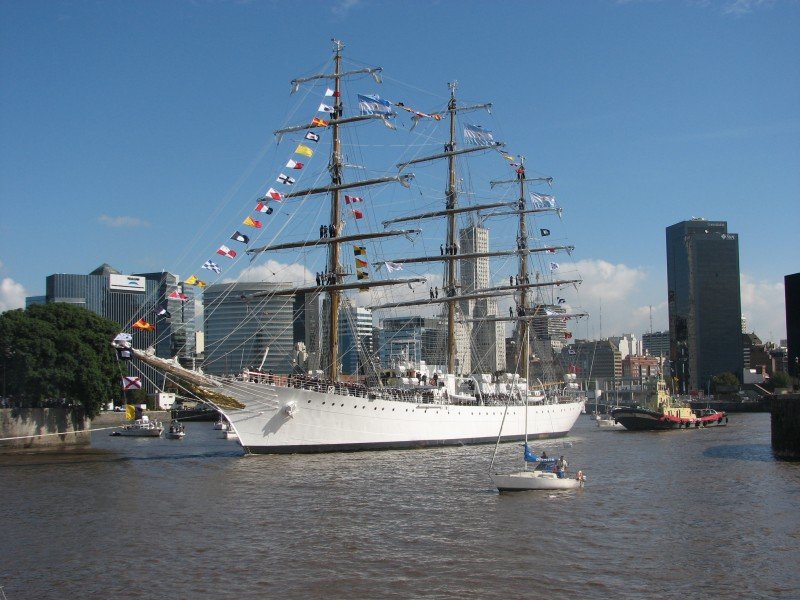Terence Corcoran points out that the proposed new bridge connecting Detroit and Windsor is not quite the simple story of Canadian generosity to cash-strapped Michigan:
In this view, Mr. Harper as Captain Canada had vanquished not only the state of Michigan and its governor, Rick Snyder. He had also declared war on the real battle target, the private corporation that controls the other Detroit-to-Windsor crossing, the Ambassador Bridge owned and controlled by the Moroun family, headed by 83-year-old billionaire Manuel Moroun.
Mr. Moroun, whose family has owned the bridge since the late 1970s — maintaining it and collecting all tolls — is portrayed as an influence-buying Tea Party capitalist who seeks tax breaks to prosper, a monopolist who wants to keep out competition, a symbol of all that is wrong with America’s special-interest dominated governments. Mr. Harper and Canada stand as principled, influence-free promoters of international trade, commerce and the public good.
It takes a lot of ideological twisting to reach that conclusion, especially for Conservatives who portray Mr. Harper as the economic good guy — despite all evidence to the contrary that Mr. Harper is the heavy-handed statist attempting to cripple a private entrepreneur. What Mr. Harper is really doing is using government power to do what Canadian governments have wanted to do for at least five decades: thwart the private ownership — and if possible take control — of the Ambassador Bridge.
[. . .]
So Mr. Harper, by moving in to fund a competing bridge using taxpayers’ dollars, is re-enacting the Trudeau policy, using more direct methods. Ottawa will pay to build a second bridge, potentially driving the Moroun family out of business.
Being a billionaire, Manuel Moroun isn’t a sympathetic figure. He is described, among other things, as being a fake capitalist, a rent-seeking monopolist who does not want to face competition. It’s a charge that belittles Mr. Moroun and elevates the dubious intentions of the government. When a foreign national government shows up on your door, with the support of the governor of your state and likely the president of the United States, to announce that “We’re from the government and were here to compete with you,” Mr. Moroun has good reason to run to the courts and the political process.
For doing so, Mr. Moroun has been described as litigious, a wealthy manipulator and a purchaser of political favours. When it comes to manipulation, however, it’s hard to beat Ottawa and the massed forces of special-interest industries, unions and government bureaucrats who have joined to promote and build a new bridge at government expense.




